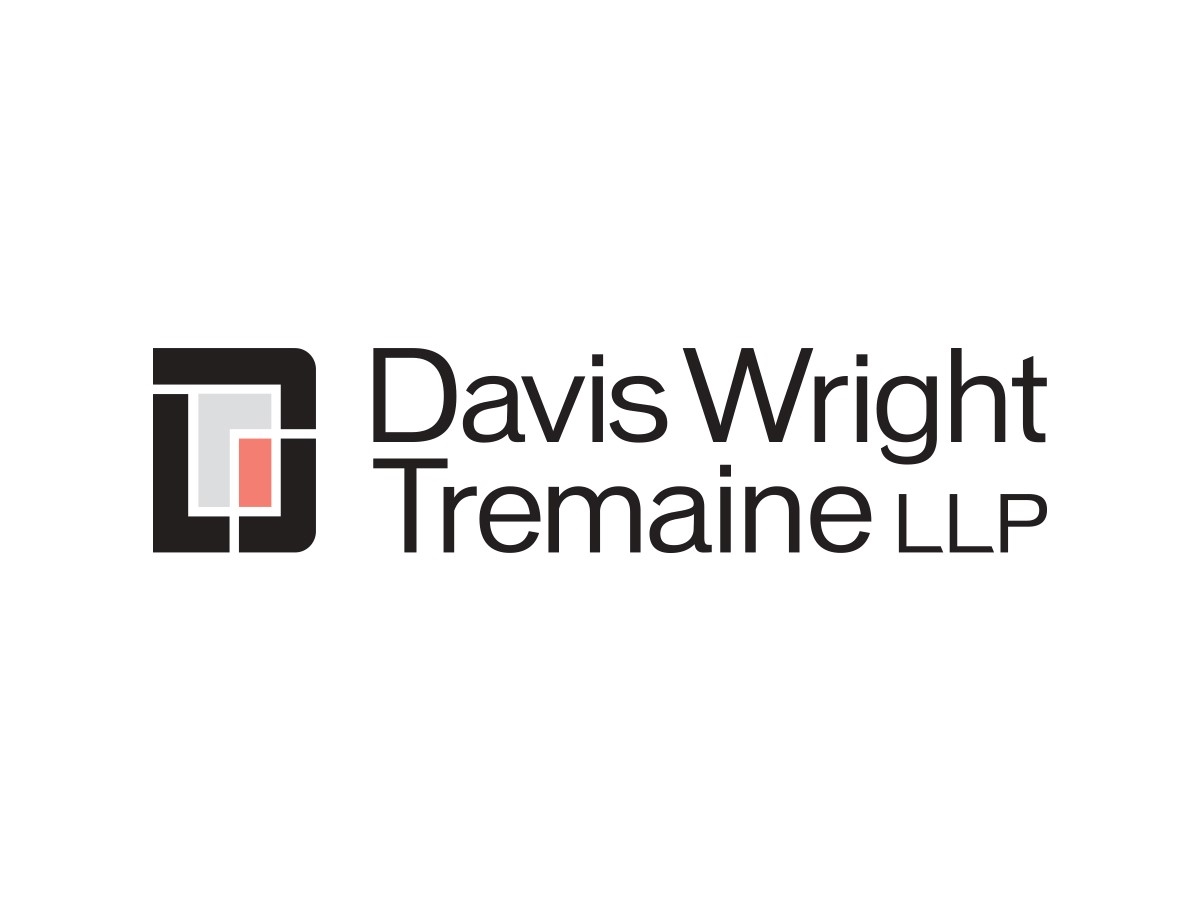Five Reasons Bitcoin and Cryptocurrency Startups Should Prioritize IP | McDonnell Boehnen Hulbert & Berghoff LLP
Despite recent headlines that have proclaimed “The End of Crypto” in view of large-scale failures at cryptocurrency companies like FTX, Celsius, and Blockfi, innovation in the space continues at an accelerating pace. Startups around the world are focused on building new products and applications designed to improve the ability of users to manage and deploy their bitcoin and cryptocurrency assets. Similar to other markets that emerge around a new technology, competition in this space is fierce as startups battle it out with each other for users. In addition, Big Tech companies (e.g., Apple [1], Microsoft [2], and Google [3]) have recently expressed interest in cryptocurrency. These behemoths have significant resources and large user bases that they can leverage to potentially dominate the space.
In order to survive and thrive in this fast-evolving environment, startups need to take advantage of their ability to innovate quickly, which can help them stay ahead of the competition. These companies should also prioritize securing intellectual property protection for their innovations. Here are five reasons why startups building on Bitcoin or on other cryptocurrencies should put IP at the top of their priority lists:
- Protect Innovation: By securing patent protection for hardware wallets, graphical user interfaces, and other innovations, Bitcoin and cryptocurrency startups can prevent competitors from copying their innovative ideas and technologies.
- Create Licensing Opportunities: Bitcoin and cryptocurrency companies with patented technologies and processes can license these innovations to others, which can provide additional income. In some cases, Big Tech companies may seek to license innovations that are proven rather than develop the technology from scratch.
- Enhance Market Position: IP protection can give startups that are building on Bitcoin or another cryptocurrency a competitive advantage by creating barriers to entry for potential competitors.
- Attract Investment: Startups with strong IP portfolios are often more attractive to investors. Additional investment can serve as the fuel a startup needs to legitimize its technology, attract more users and grow.
- Prevent Imitation: Trademarks can help a startup protect its brand and prevent others from using similar marks that could confuse customers or dilute the strength of the brand.
Securing IP protection can help a startup establish a favorable position in the emerging Bitcoin and cryptocurrency markets and gain an edge over competitors, including Big Tech companies that have more resources to deploy when they enter the space. Startups in this space should place the pursuit of IP protection right alongside their ongoing pursuit of innovation.
[1]
[2]
[3]
[View source.]






